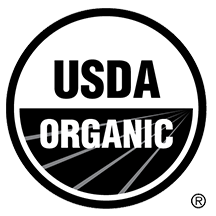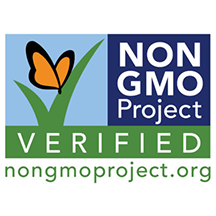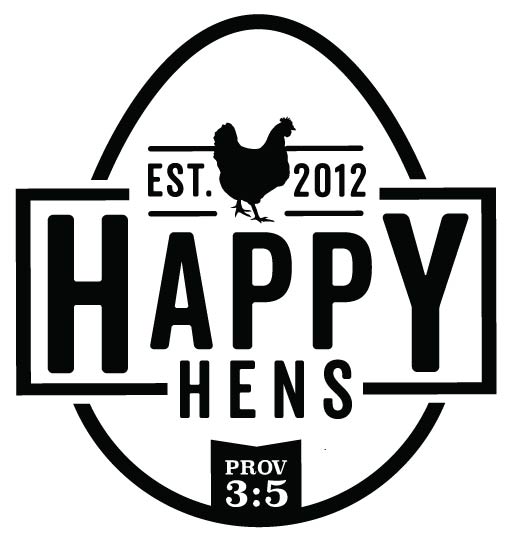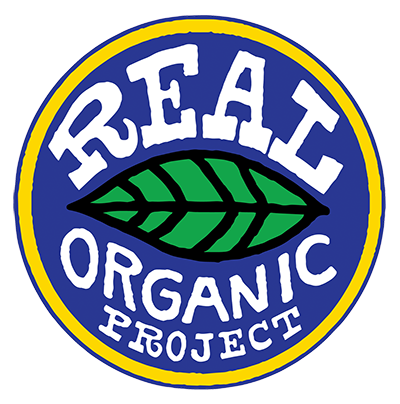Beyond Pasture Raised
What it takes to be
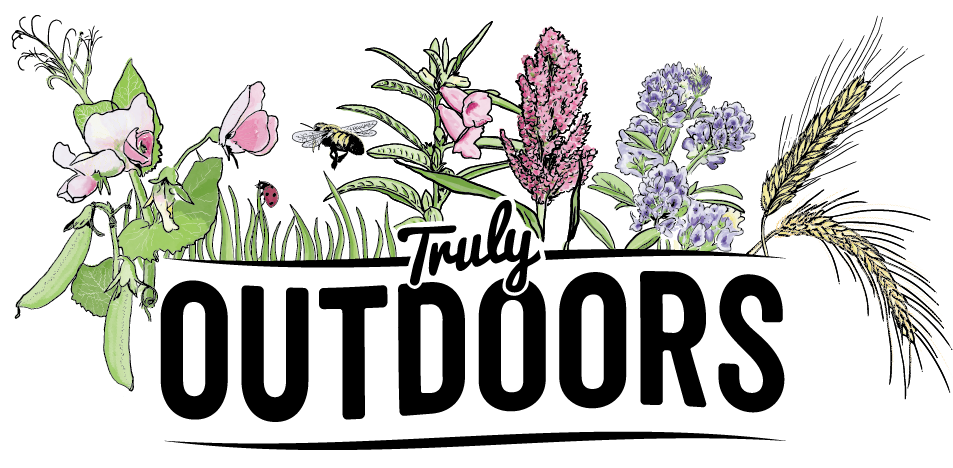
Learn More about our Practices
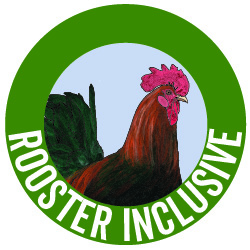
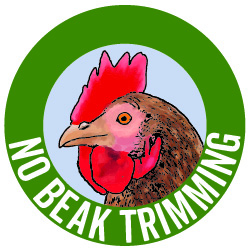
We never trim beaks on our hens, We regard it as cruel, even though it is accepted as part of mainstream humane certifications. We eliminate stress by giving our hens plenty of space & let them use their naturally sharp beaks to eat grass and bugs.

Glyphosate has many negative consequences for healthy ecosystems and our personal health, so we feed our hens on organic pasture and using only organic and non-GMO glyphosate-free grains and alfalfa.

As our hens move from one pasture to another they help us build up our soil by naturally fertilizing and tilling the soil. They also control weeds and insect populations, ensuring healthy organic pasture without the need for pest control or chemical fertilizers.

We raise our hens in mobile coops, so we can move them from field to field. This ensures that the soil remains healthy and not overgrazed, and that the pasture has a chance to regrow healthy grasses for the hens before they return.
Roosters are a vital part of a chicken flock, and while they don’t lay eggs, they serve an important role in maintaining a harmonious social structure, integrating new hens into the flock, and keeping our pastured hens safe from predators as they roam freely in the fields.
We never trim beaks on our hens, We regard it as cruel, even though it is accepted as part of mainstream humane certifications. We eliminate stress by giving our hens plenty of space & let them use their naturally sharp beaks to eat grass and bugs.
Glyphosate has many negative consequences for healthy ecosystems and our personal health, so we feed our hens on organic pasture and using only organic and non-GMO glyphosate-free grains and alfalfa.
As our hens move from one pasture to another they help us build up our soil by naturally fertilizing and tilling the soil. They also control weeds and insect populations, ensuring healthy organic pasture without the need for pest control or chemical fertilizers.
We raise our hens in mobile coops, so we can move them from field to field. This ensures that the soil remains healthy and not overgrazed, and that the pasture has a chance to regrow healthy grasses for the hens before they return.
Cage Free, Free Range, Pasture Raised - What's the difference?

Cage Free

On Average
- Hens are kept indoors in large stationary buildings
- Hens are raised in tens of thousands per barn
- Hens have no outdoor access
- Hens’ beaks are trimmed in the first few days of life
- No roosters are kept
Free Range
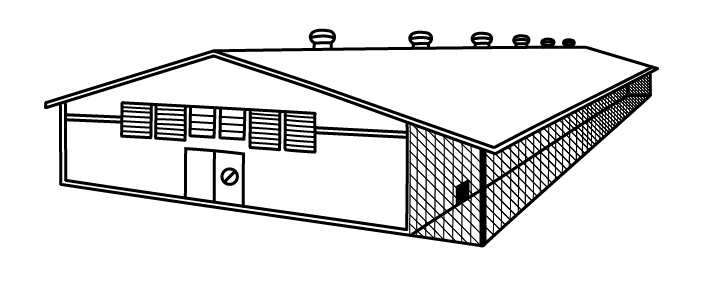
On Average
- Hens are kept indoors in large stationary buildings
- Hens have outdoor access, generally the same size as the building.
- Outdoor access may be just a porch.
- Hens are raised in tens of thousands per barn
- Hens’ beaks are trimmed in the first few days of life
- No roosters are kept
- No rotational grazing

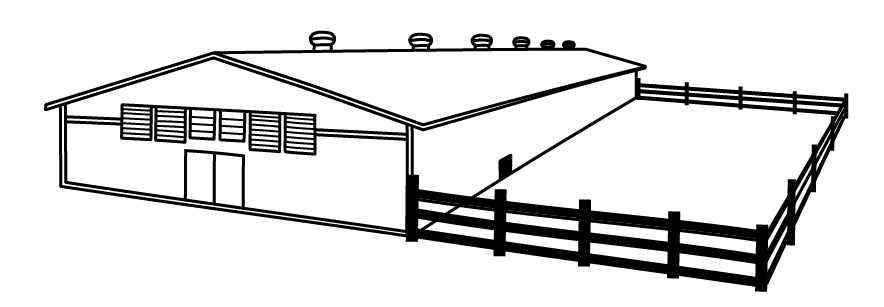
Pasture Raised

On Average
- Hens have outdoor access
- Hens have “108 sq ft” to roam
- Barns are large and stationary
- Little to no rotational grazing
- Hens are raised in tens of thousands per barn
- Hens’ beaks are trimmed in the 1st few days of life
- No roosters are kept
Truly Outdoors

- Our ladies live OUTDOORS 100% of the time, 365 days per year
- Our ladies have acres of room to roam
- Our small mobile barns are moved twice a week throughout the fields
- We use rotational grazing to regenerate healthy soil and grasses
- Our ladies are raised in hundreds per barn
- Our ladies have beaks that have not been cut so they can forage the way God intended them to
- Our roosters play a key role in our fields and hens’ lives
- Our livestock guardian dogs play a key role in predator protection and ensure Happy Hens!

Why We Love Roosters
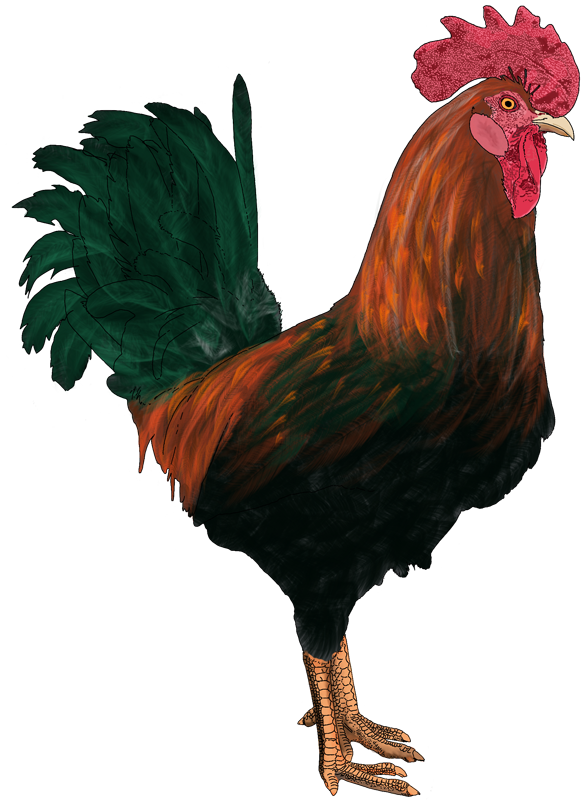
Above and Beyond
The Cornucopia Institute, a renowned organization committed to promoting and supporting organic farming, has recognized Happy Hens Farm efforts in maintaining the highest standards for organic egg production.
The Real Organic Project is a certification program that verifies farms adhere to traditional organic practices, focusing on soil health, ecological balance, and transparency, to ensure products are genuinely organic and not just compliant with minimal standards.
